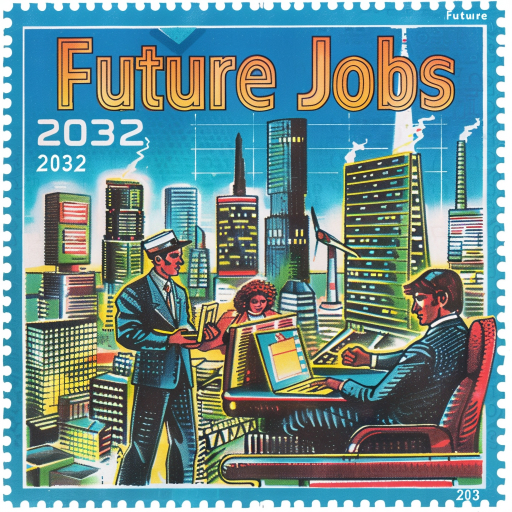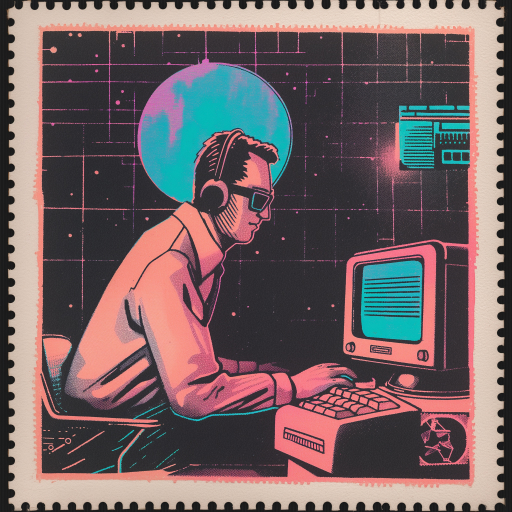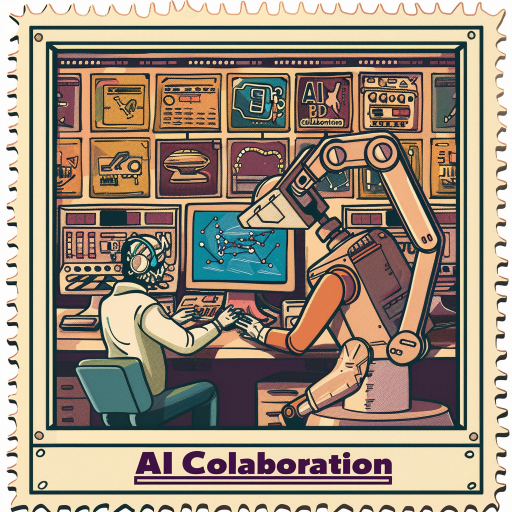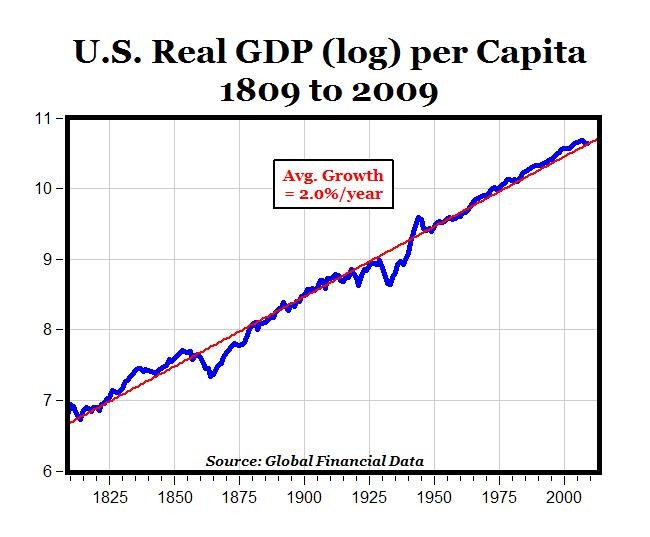Robots coming for your job? Not so fast, say these statisticians

GET THE #1 EMAIL FOR EXECUTIVES
Subscribe to get the weekly email newsletter loved by 1000+ executives. It's FREE!
Ahhh 2012, a simpler time. The Mayans were predicting the end of the world, the iPhone 5 was all the rage, "Gangnam Style" was topping the charts, and the Avengers first assembled on the big screen.

Remember when the world was supposed to end in 2012?
But ... buried in the depths of a government report, bureaucrats were secretly moonlighting as oracles.
 Midjourney v6 is getting suprisingly good at rendering images!
Midjourney v6 is getting suprisingly good at rendering images!
These officials have an interesting job, you see they work at the Bureau of Labor Statistics (BLS) an organisation in America.
Their mission? To predict the future of the American job market. Everything from the growth of industries to the rise of new occupations, they're the crystal ball gazers of the labor world.
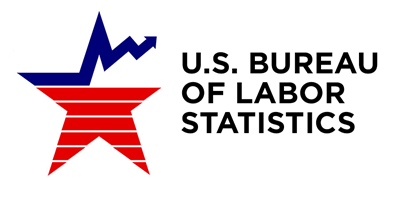
So I decided to take a look back at their 2012 predictions and see how they stack up against the reality of 2022. And what I found was nothing short of remarkable.
The Prophecy of 2012
Back in 2012, the Bureau of Labor Statistics (BLS) released their ten-year forecast.
Their report, buried under bureaucratic jargon and released with little fanfare, painted a picture of 2022 that was so accurate it's almost eerie:
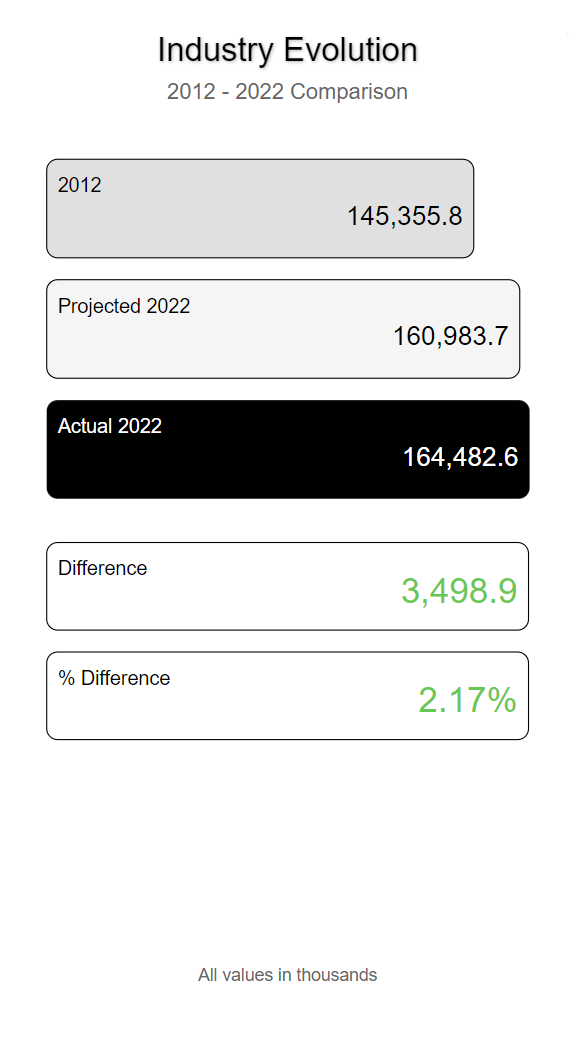
To be a couple of percentage points off in a single year would be impressive. But to predict the growth of entire job sectors with such precision over a decade?
Remember all of the things we have had in the past decade
- Artificial Intelligence
- 5G networks
- CRISPR gene editing
- Cloud computing
- Virtual and Augmented Reality
- Electric and autonomous vehicles
- Internet of Things
- Quantum computing
Not to mention a global pandemic that has changed the way we work and live and so much more.
 Graph showing the 2012 predictions vs the actual growth in jobs.
Graph showing the 2012 predictions vs the actual growth in jobs.
The AI Elephant in the Room
Now, you might be thinking, "Sure, but what about AI? Surely they couldn't have predicted that!"
Here's the kicker: They kind of did.
The 2012 report predicted significant growth in computer and mathematical occupations (18.3% growth), including:
- Software developers (30.2% growth)
- Systems analysts (24.5% growth)
- Information security analysts (22.1% growth)
Sound familiar? These are exactly the fields driving and responding to the AI revolution today.
The Great Robot Evolution: Employment in 2032
Picture this: It's 2032, and the world's been bracing for the robot takeover. But as the dust settles, we're left with a strangely familiar landscape. The numbers tell a tale not of revolution, but of subtle evolution.

That figure of growth seems eerily familiar to the long term trend of 2% growth in the US economy.
Manufacturing: Automation Anxiety Eases

It's amazing to actually realise how advanced our technology already is
Take manufacturing, that poster child of automation anxiety. In 2022, it employed 12,825,700 souls. Fast forward a decade, and it's... 12,712,300. A drop in the ocean of 113,400 jobs.

Construction: Building the Future

Meanwhile, the beating heart of the American dream - construction - actually grows, from 7,748,000 to 7,862,900. That's an increase of 114,900 jobs in a sector where we half-expected robots to be laying bricks by now.
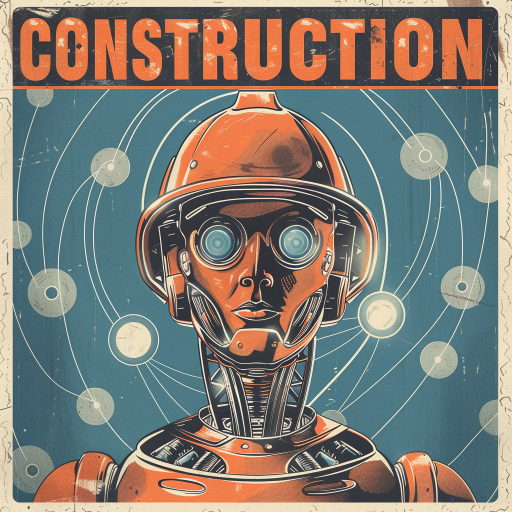
Professional and Business Services: A Magic Trick
But here's where it gets interesting. Professional and business services - the realm of spreadsheets, presentations, and water cooler gossip - swells from 22,571,500 to 23,991,700. That's nearly 1.5 million new jobs in a sector that pundits swore would be decimated by AI.

Might as well take a leaf out of Airbnb's book and start selling consulting cereal now
So, What's the Future of Work?
So, if the oracles of 2012 were so spot-on, what are they saying about 2032? Let's peek into the future:
-
AI and Machine Learning Specialists: Projected to be one of the fastest-growing occupations, with a 40% increase from 2022-2032.
-
Healthcare: Continued strong growth, with home health aides projected to increase by 33%.
-
Renewable Energy: Solar panel installers and wind turbine technicians are expected to see growth rates of 45% and 44% respectively.
-
Traditional Tech: Software developer jobs are projected to grow by 22%. So maybe you should still learn to code as Y Combinator has been suggesting recently.
-
Automation-Vulnerable Jobs: Cashiers, bookkeepers, and data entry clerks are projected to see declines of 10-15%.
The AI Impact: Evolution, Not Revolution
If the 2032 projections are as accurate as their 2022 counterparts, we're looking at a future where AI is a major player, but not the job-apocalypse some fear. Here's why:
-
Job Transformation, Not Elimination: The projections suggest AI will change jobs more than eliminate them. For every declining data entry position, there's growth in data analysis and AI management roles.
-
Human-AI Collaboration: The growth in healthcare and renewable energy jobs suggests a future where AI augments human capabilities rather than replaces them entirely.
-
Skills Shift: The projections indicate a shift towards jobs requiring complex problem-solving, creativity, and emotional intelligence - areas where humans still outperform AI.
-
New Job Creation: Just as the 2012 projections couldn't fully anticipate jobs like "TikTok Influencer" or "Blockchain Developer", the 2032 projections likely underestimate entirely new job categories AI will create.
The Bottom Line: Keep Calm and Skill Up
If the oracles of the BLS are to be believed (and their track record is impressive), the AI future is neither a job-pocalypse nor a utopia. It's a world of evolving opportunities that reward adaptability, creativity, and continuous learning.
So, instead of fearing the AI revolution, perhaps it's time to embrace it. Learn that new skill. Take that coding class. Who knows? You might just be preparing for a job that doesn't even exist yet.
After all, if you told someone in 2012 that "AI Ethicist" would be a hot job title in 2023, they'd probably think you were writing science fiction.
Then again, maybe the BLS would have believed you.
Postage Stamps
Hi! I'm Chris Dunlop, thanks for reading! Anyway, I read that blogs need to incorporate more personal touches to let you know that a human is actually writing these things and to just weave in things that you love.
Anyway, I love postage stamps, and so I have decided to start adding in a section at the end of thes articles where I create stamps that reflect the article. That way I can look back over time and make an awesome collection of all of the stamps.
